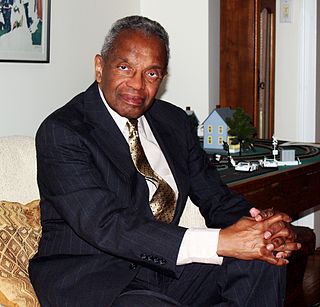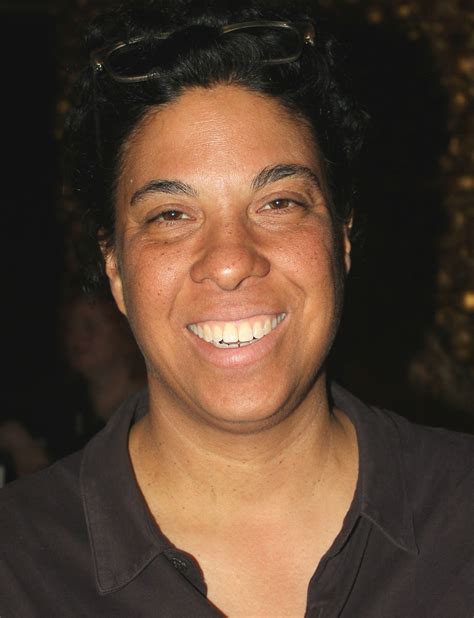A Quote by Derrick Bell
I go to readings by fiction writers like Alice Walker, and I'm envious of the level of attention they generate.
Related Quotes
When I taught at the University of Houston in the Creative Writing program we required the poets to take workshops in fiction writing and we required the fiction writers to take workshops in poetry. And the reason for that is because the fiction writers seemed to need to learn how to pay greater attention to language itself, to the way that language works.
I love doing the readings. The readings are the fun bits... The readings are probably the things that actually keep me going on these. If I couldn't do the readings, I wouldn't do the [signing] tours. I get to stand up there and read to a bunch of adults who in many cases nobody's read to in years, since they were about five. They just squat on the floor. That's enormously enjoyable.
I think all of us begin as writers. I wanted to be a writer from the time I as eight, long before I heard of jazz. The question is, once you have that obsession, what is your subject going to be and you often don't know for some time. It might become fiction, it might be non-fiction, and if it's non-fiction it can go in any number of directions.



































